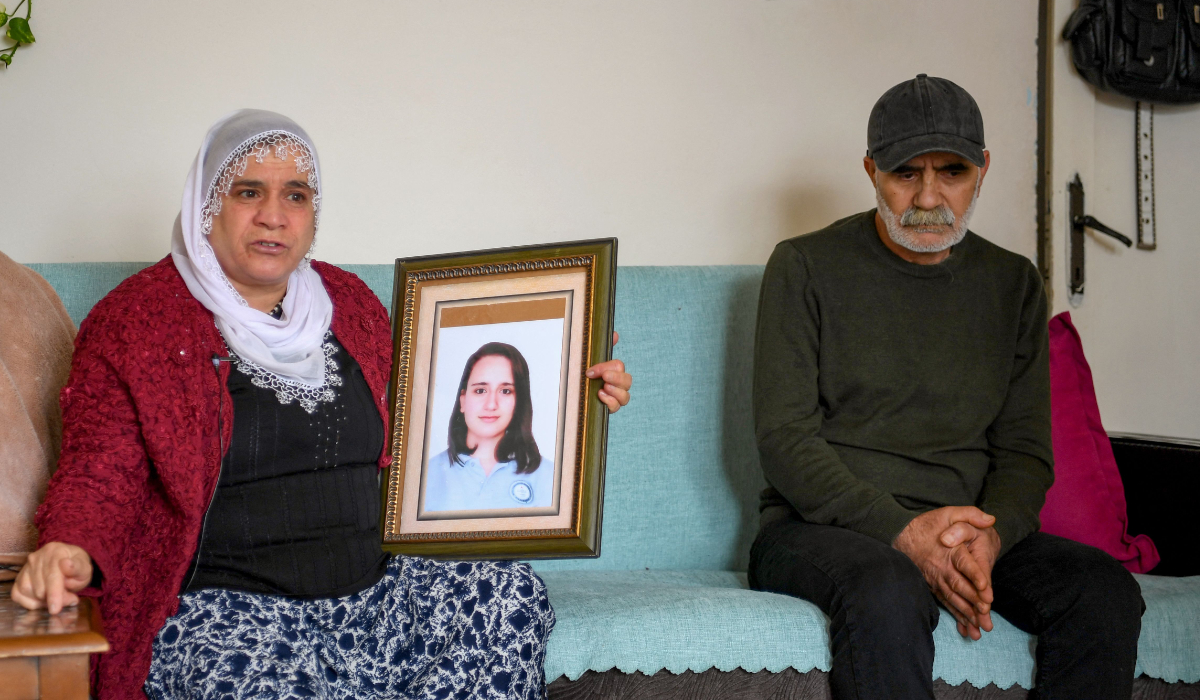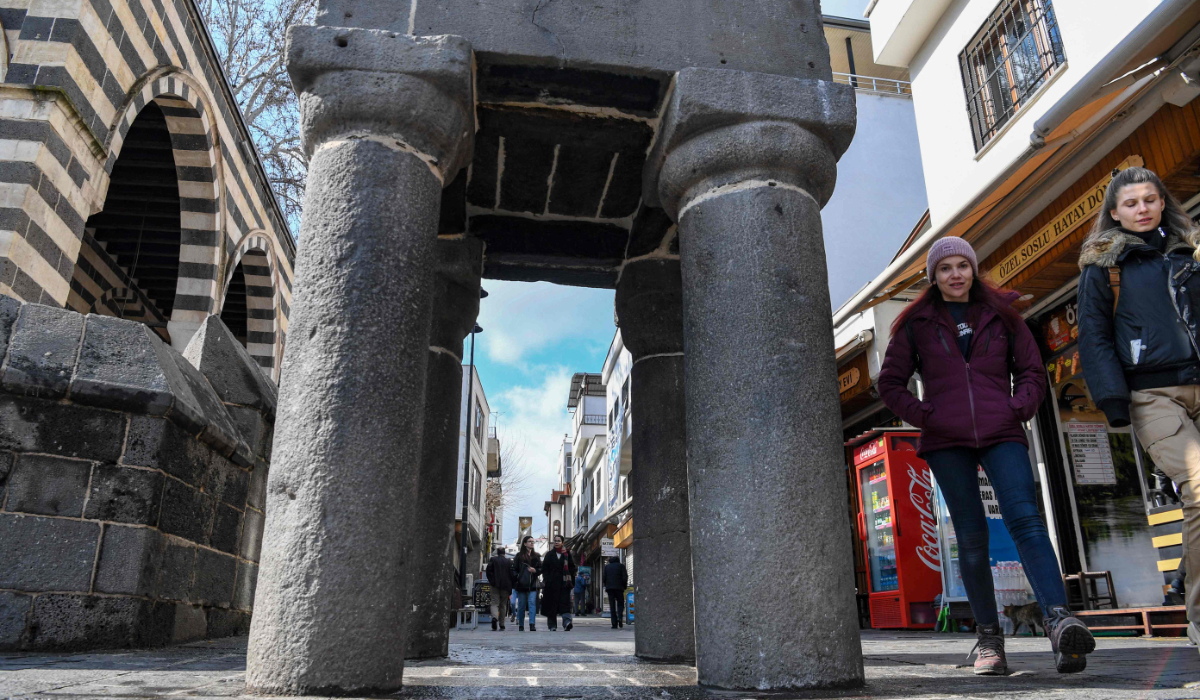UNITED NATIONS: United Nations Secretary-General Antonio Guterres appealed to the Security Council on Monday for its support to help protect civilians in war-torn Sudan, but said conditions are not right for deployment of a UN force.
“The people of Sudan are living through a nightmare of violence — with thousands of civilians killed, and countless others facing unspeakable atrocities, including widespread rape and sexual assaults,” Guterres told the 15-member council.
War erupted in mid-April 2023 from a power struggle between the Sudanese army and the paramilitary Rapid Support Forces ahead of a planned transition to civilian rule, and triggered the world’s largest displacement crisis.
“Sudan is, once again, rapidly becoming a nightmare of mass ethnic violence,” Guterres said, referring to a conflict in Sudan’s Darfur region about 20 years ago that led to the International Criminal Court charging former Sudanese leaders with genocide and crimes against humanity.
The current war has produced waves of ethnically driven violence blamed largely on the RSF. The RSF killed at least 124 people in a village in El Gezira State on Friday, activists said, in one of the conflict’s deadliest incidents.
The RSF has previously denied harming civilians in Sudan and attributed the activity to rogue actors.
Guterres acknowledged calls by Sudanese and human-rights groups for stepped-up measures to protect civilians, including the possible deployment of some form of impartial force, saying they reflected “the gravity and urgency of the situation.”
“At present, the conditions do not exist for the successful deployment of a United Nations force to protect civilians in Sudan,” he told the council, but added he was ready to discuss other ways to reduce violence and protect civilians.
“This may require new approaches that are adapted to the challenging circumstances of the conflict,” Guterres said.
Aid access
The UN says nearly 25 million people — half of Sudan’s population — need aid as famine has taken hold in displacement camps and 11 million people have fled their homes. Nearly three million of those people have left for other countries.
“This is not just a matter of insufficient funding. Millions are going hungry because of access,” US Ambassador to the UN Linda Thomas-Greenfield told the council.
Thomas-Greenfield said Washington was alarmed that instead of facilitating aid, the Sudanese authorities “continue to undermine, intimidate, and target humanitarian officials.” She said they need to expand and streamline humanitarian movements.
“They also need to extend the authorization for the Adre border crossing, open additional cross-border and crossline access routes, and facilitate airport access for humanitarian purposes,” Thomas-Greenfield added.
The Sudanese army-backed government is committed to facilitate aid deliveries across the country, including in areas controlled by the RSF, said Sudan’s UN Ambassador Al-Harith Idriss Al-Harith Mohamed. He said 10 border crossings and seven airports had been opened for aid deliveries.
A three-month approval given by Sudanese authorities for the UN and aid groups to use the Adre border crossing with Chad to reach Darfur is due to expire in mid-November.
“There are 30 trucks that went through the Adre border crossing loaded with advanced weaponry and ammunition and this led to serious escalation in Al-Fashir and in other places,” Mohamed said. “We noticed that thousands of mercenaries from Africa and Sahel entered the country ... through Adre. The border crossing Adre is really a threat to national security.”
Russia’s UN Ambassador Vassily Nebenzia told the council it was up to the Sudanese government to decide on whether the Adre crossing would remain open beyond mid-November and that it would be “inappropriate to put pressure on” the government.
“We’re categorically opposed to the politicization of humanitarian assistance,” he said. “We believe that any humanitarian assistance should be conducted and delivered solely with the central authorities in the loop.”
Sudanese need protection, but conditions not right for UN force, says Guterres
https://arab.news/p3mfq
Sudanese need protection, but conditions not right for UN force, says Guterres

- “Sudan is, once again, rapidly becoming a nightmare of mass ethnic violence,” Guterres said
- The current war has produced waves of ethnically driven violence blamed largely on the RSF
































